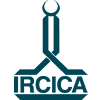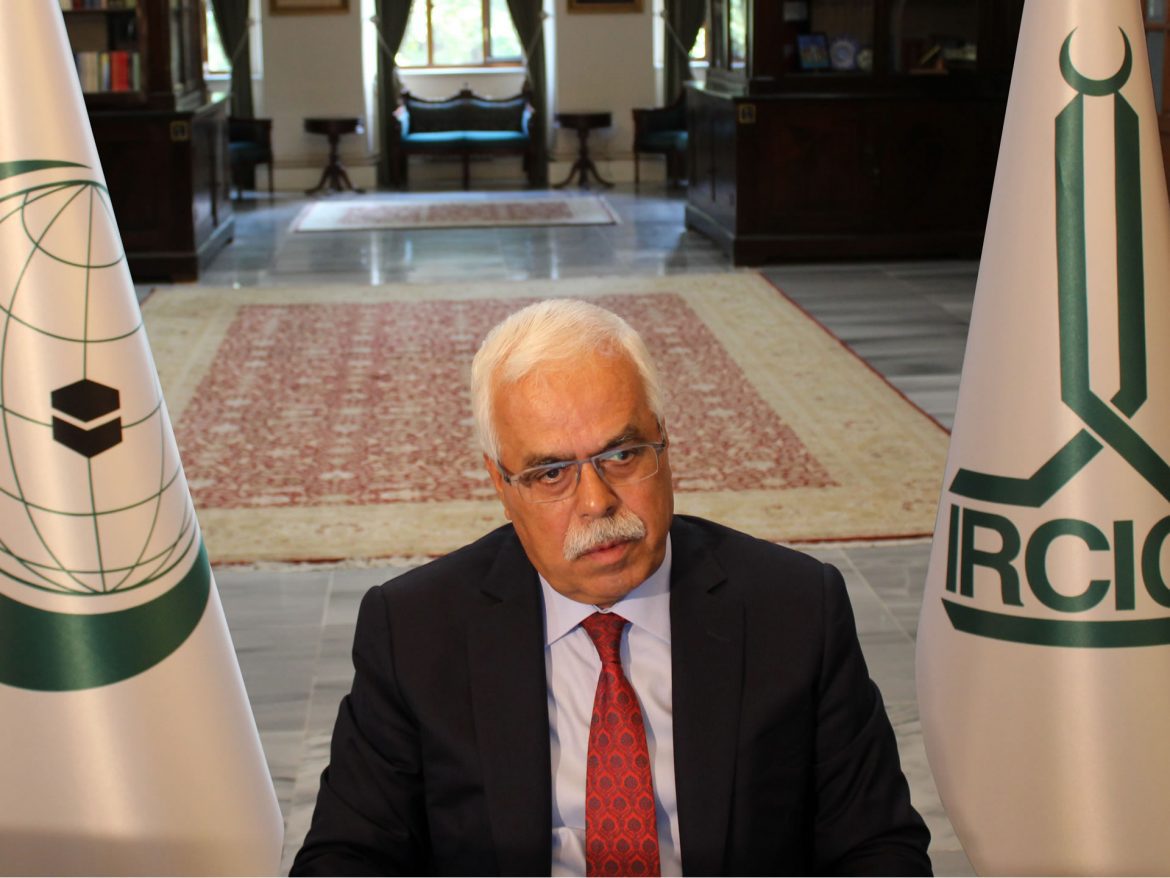Organized by Marmara Group Strategic and Social Research Foundation (Turkey) the 23rd Eurasian Economic Summit was held online on 7-8 October 2020, on the theme “The New World After the Coronavirus”. The Summit received addresses from current and former heads of state and government, speakers of parliaments, ministers, heads of international organizations, heads of faith communities, diplomats and scholars from 45 countries. The participants called for solidarity among faiths and cultures in dealing with challenges facing humanity, presently the Coronavirus pandemic.
Following the opening address of Dr. Akkan Suver, President of Marmara Group Foundation, addresses were given by the Minister of Energy of the Republic of Azerbaijan Mr. Parviz Shahbazov, city mayors, dignitaries, and heads of international organizations, among them: Prof. Dr. Halit Eren, Director General of IRCICA, Mr. George Tsereteli, Secretary General of OSCE Parliamentarian Assembly, Denmark, and Ambassador Dr. Dusen Kazeinov, Secretary General of the International Turkic Culture Organization (TURKSOY). Other international organizations were represented during the relevant thematic sessions together with dignitaries from different sectors of activities. The said sessions were arranged as follows: the Economics Platform, themed “Hello to the New World Economy and to the New World!”; the Energy Platform, on “How will sustainable energy policies take shape in Eurasia in the long term after the coronavirus epidemic?”; the Peace and Security Platform, themed “Terror and Regional Coflicts”, where heads of faith communities from different countries addressed the meeting; the “Sagacious People” Platform on “New Power Balances in Globalization and Respect in Governance”, where 16 former heads of state took the floor, and the session on “Pioneers of change – Woman leaders platform”.
The Director General of IRCICA, Prof. Dr. Halit Eren, traced the ongoing tendencies of the multipolar system of global governance where unconstrained economic competition and violations of international norms, together with socio-economic problems ensuing from the 2008 financial crisis including an aggravation of radical currents such as discrimination, xenophobia and Islamophobia, caused growing threats to regularity and harmony in the world. At a time when the world community was trying to fight with these, the eruption of the COVID-19 pandemic brought once more to the attention of this community the indispensability of international cooperation. It called for all peoples, of similar or different political and cultural identities, to join hands to combat this crisis, which totally differs from earlier ones, restricts social life in a way unprecedented and causes lockdowns and quasi-total halts of activities in most sectors of life. Prof. Eren underlined in this environment, the work of international organizations gains increased importance. He outlined the multifarious activities of IRCICA which are aimed at projecting the true image of Islamic civilization and the Muslim world by disseminating objective references and information on the cultures, arts, sciences and cultural heritage of this civilization and encouraging advancements in research and teaching in the related scholarly and educational fields. Prof. Eren gave examples of those activities of IRCICA which emphasize rapprochement and aimed at removing the barriers between peoples of different cultures, such as the projects conducted jointly with the Council of Europe on “The Image of the Other in History Education” and those undertaken in the context of the UNAOC. In the face of the economic and social problems and the tensions created by the pandemic, the crucial role of international organizations such as IRCICA which promote intercultural dialogue, cooperation and peaceful coexistence across the world, gains deeper significance.





